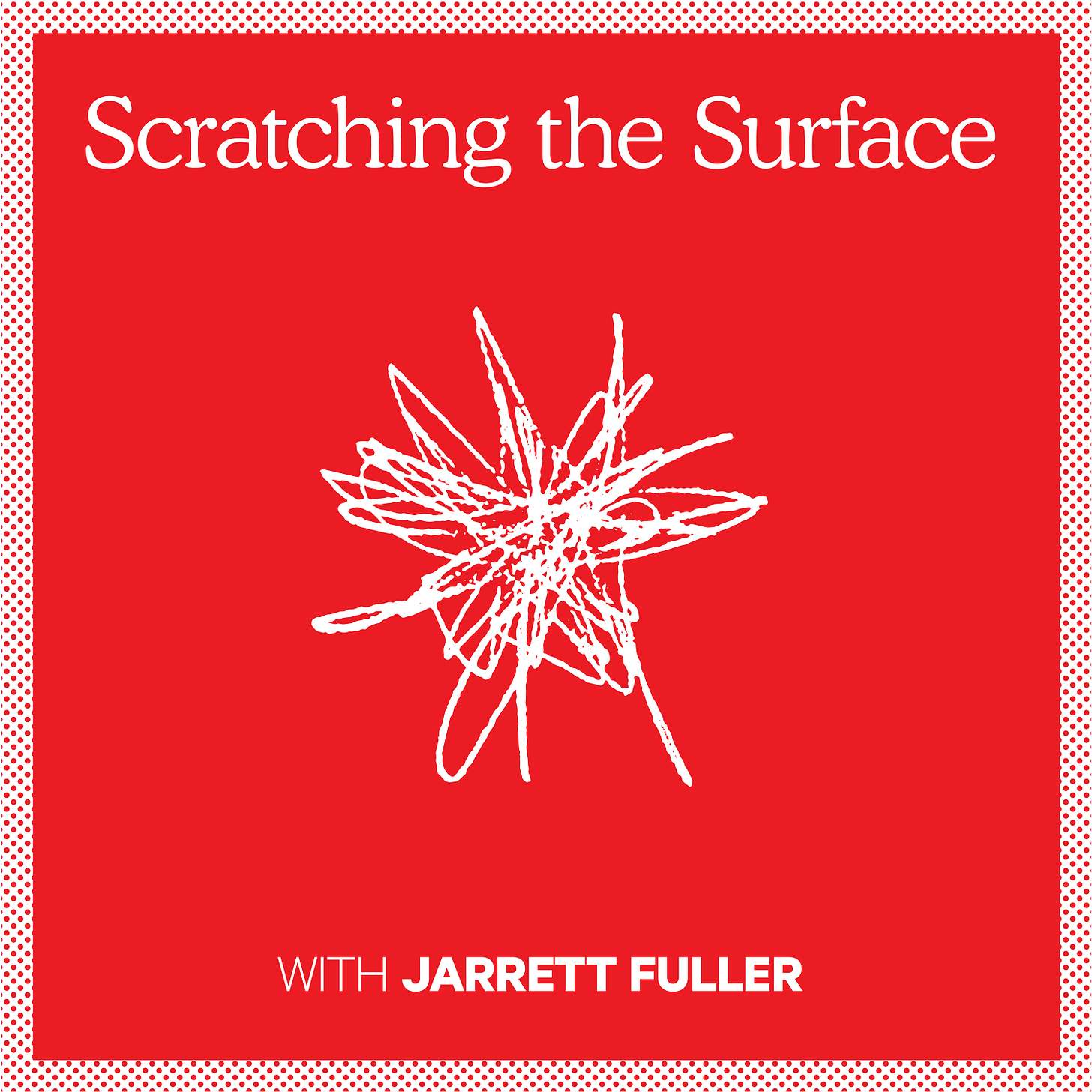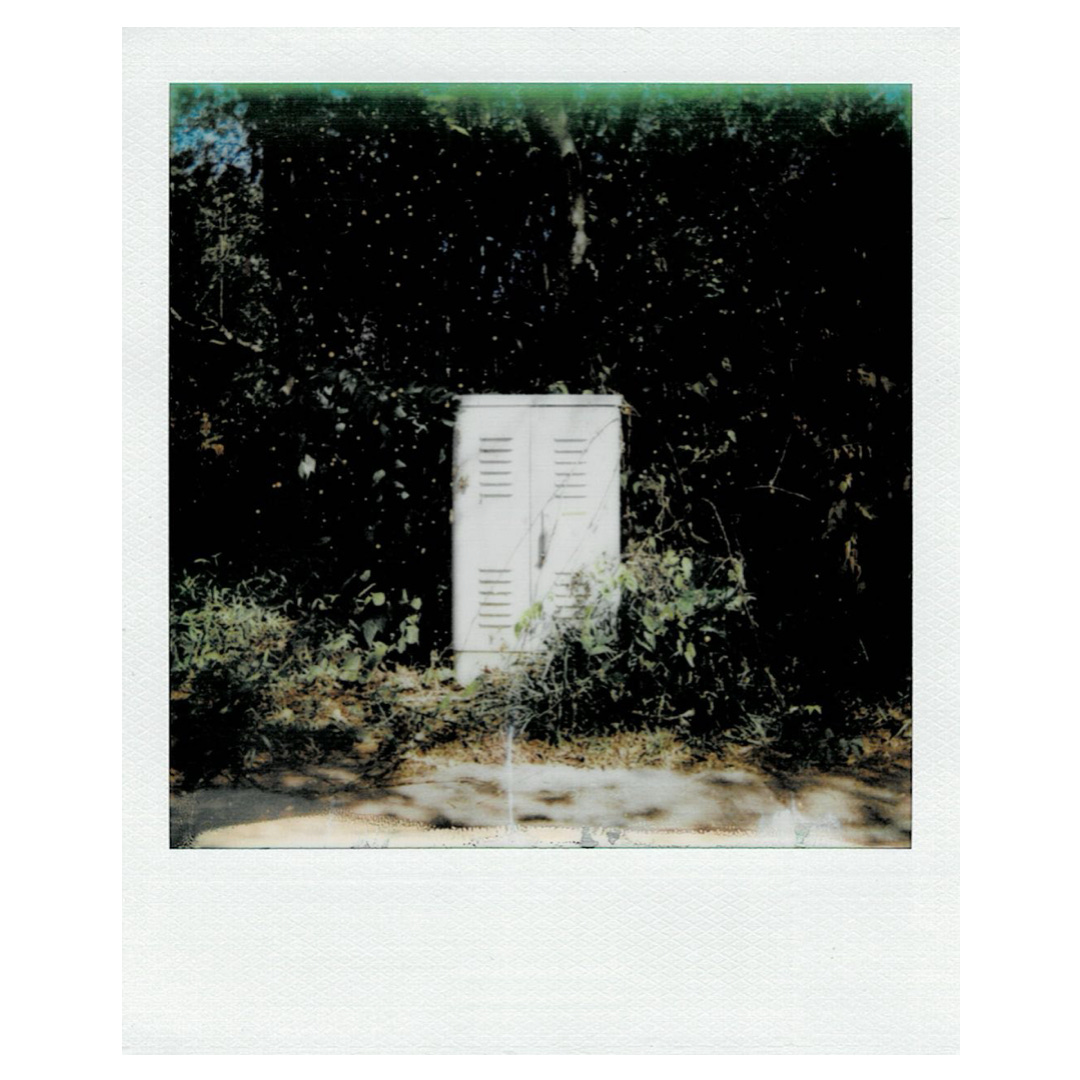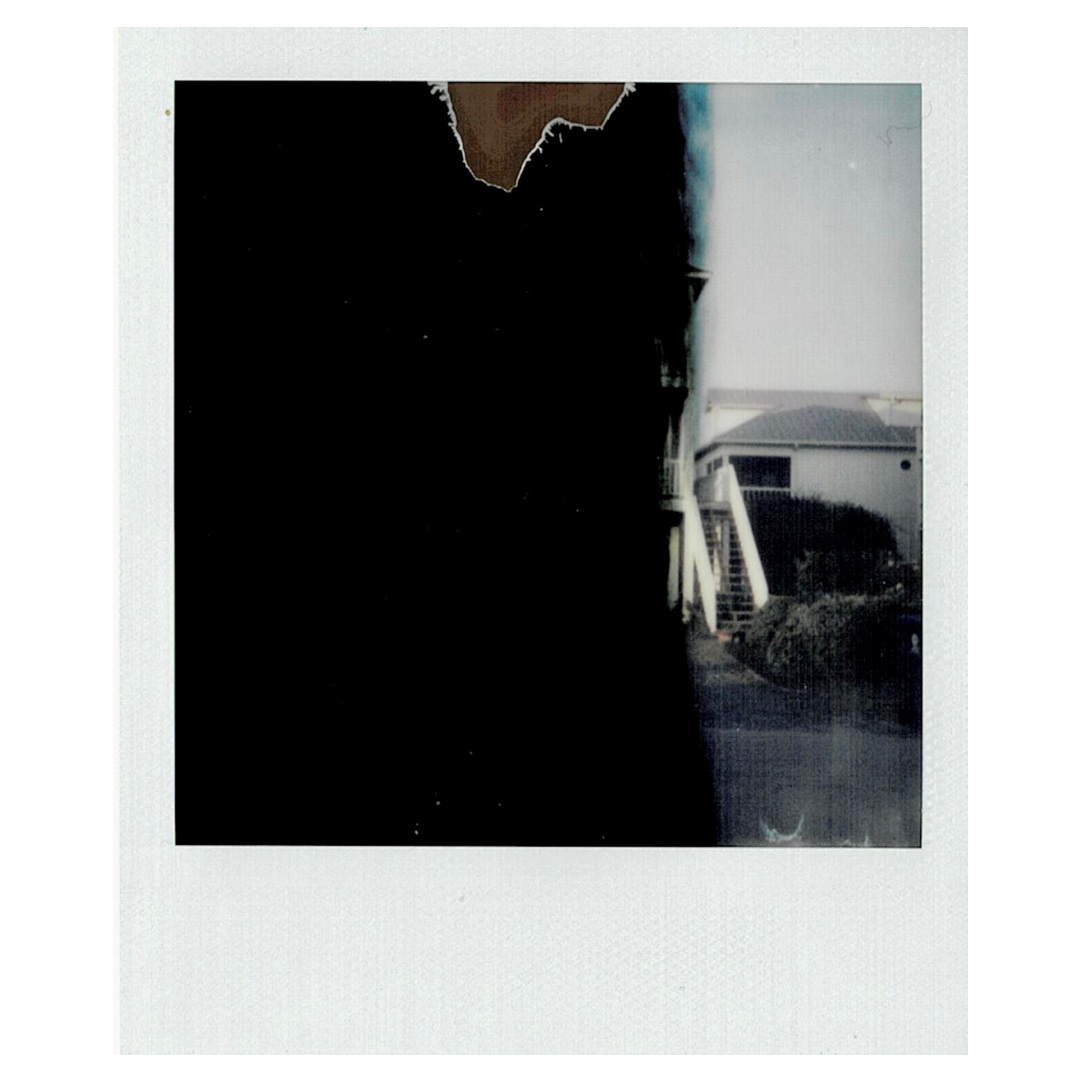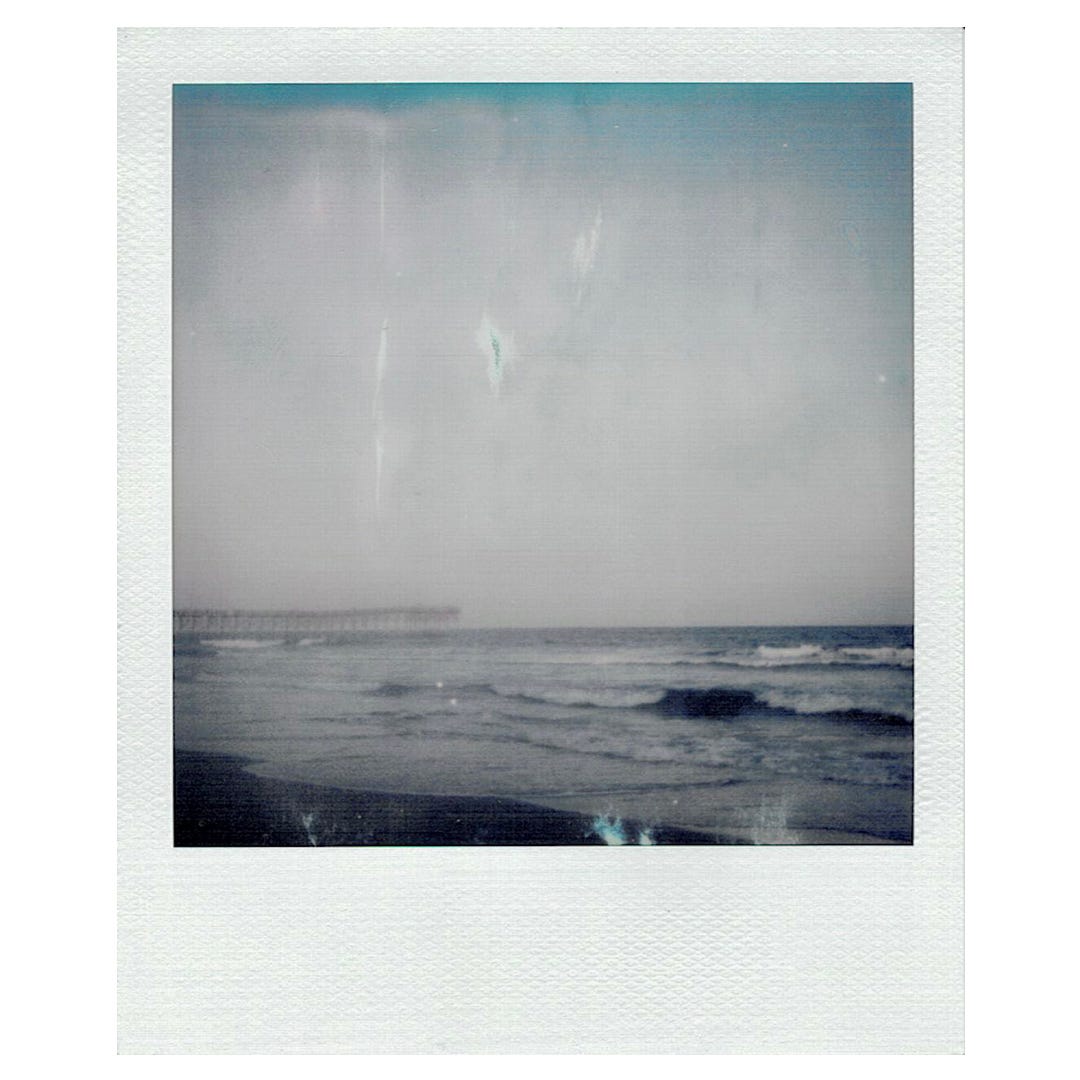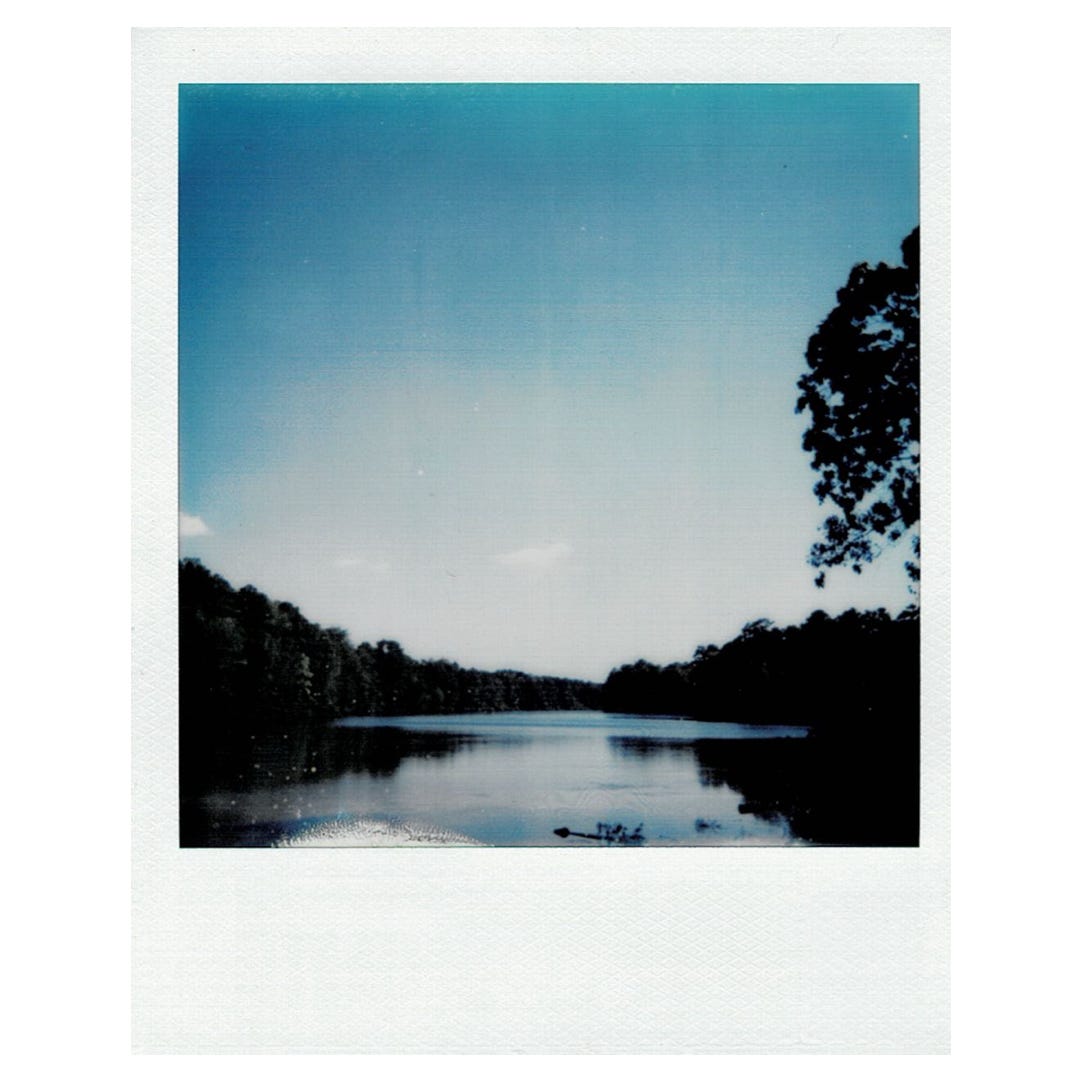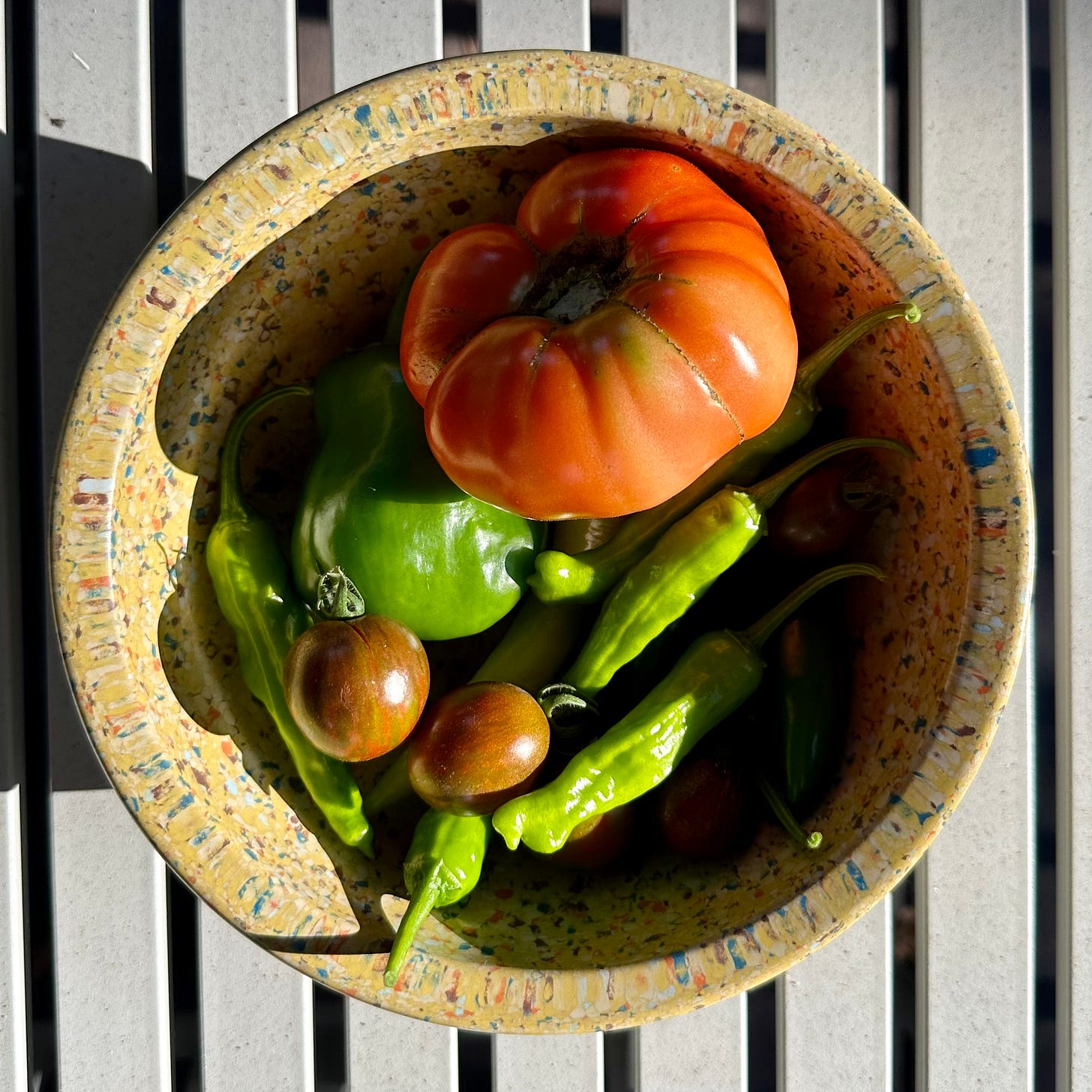29. On sustained creative careers
Revisiting (and revising) that famous Ira Glass quote. Plus recent films, music, and reading
I was in college when I first saw the interview with Ira Glass where he talks about the gaps between your tastes and your talents. In the original video — it's since been remixed, animated, memed, and more — he's sitting in his studio talking about the early years of This American Life and he says how when you are just starting out, your taste isn’t aligned with your own talents — the things you know how to do. You have good taste, you know what is good, but you don't quite know how to do it yet. You don't know how to get from where you are to the work you admire.
I remember this resonating with me as someone about to graduate. Over the previous year, I saw my work improve and for the first time, I felt like my class projects were things I could be proud of, things I wanted to show in my portfolio, and things that looked closer to the work I wanted to do. There was still growth to happen but I felt like I was getting closer. My gap between my talents and my taste was getting smaller.
What I didn't realize at the time — and I wonder if Ira did? — is that this is not a one-time thing. This isn't just something for young artists — whether that's radio producers or graphic designers — but something that can happen at any time in your career. Perhaps, even multiple times.
It's not just that your talents increase, your tastes become more refined too. You get more particular about what you like, about what is good. I have higher standards than ever before, I think, whether that’s the designers I admire, the writers I read the most, or the films I return to again and again. In some ways, this can be paralyzing: if you have higher standards — both for your work and the work of others — it can prevent you from finishing (or just starting) projects. I feel this often: that paralyzing feeling that I want to make something but no longer know how, or I’m unable to find ways to move them forward or to close the new gap between my talents and my taste.
There's another Ira Glass quote that I love, more than the famous one, to be honest. In an interview on the Longform podcast, which I listened to when I was in graduate school, he said the way to have a long, sustaining creative career is to keep making the craft harder for yourself. Like the first quote, this resonated with me when I first heard it. I was once again back in school, and I was there because I wanted to make the work harder for myself.
These two quotes are connected, I’m realizing now. Every time you make the work harder for yourself, the gap between taste and talent open up again. This, perhaps, is the key to a long creative career then: a constant opening and closing of this gap. More challenges, more refinement, more learning.
After a summer hiatus, I’m excited that Scratching the Surface, the podcast where I interview designers, writers, curators, theorists, and administrators about design, is back for a new season. The first new episode went up last week and features an energizing conversation I had last month with Llisa Demetrios, the chief curator of the Eames Institute of Infinite Curiosity and the youngest granddaughter of Ray and Charles Eames. The first batch of episodes are recorded and will be out every other Wednesday.
To coincide with the new season, we’re also debuting new cover art (above) and new, original music from former guest and friend of the show Jeremiah Chiu. (You can listen to my conversation with Jeremiah from back in March here.)
Thanks to the Criterion Channel streaming premier, I watched Turn Every Page: The Adventures of Robert Caro and Robert Gottlieb at the beginning of the August. I’m a very on-the-record fan/completist of Caro’s — I’ve written about his books multiple times before — but I was less familiar with the work of Robert Gottlieb, Caro’s longtime editor and the former editor of Knopf and The New Yorker (and who also died earlier this year at 92). The documentary was a complete delight and I highly recommend it.
Even if you haven’t read Caro’s work, the documentary is at its best when it looks at the relationship between writer and editor. (Admittedly, I almost wanted less of their personal stories, less of the impact of these books and more on that editing process. Many of the stories about Caro’s writing and research process are similiar to the ones he wrote about in his quasi-memoir Working.) Gottlieb, who in addition to editing Caro for the last has edited books for Toni Morrison, Charles Portis, and Bill Clinton, among others, talks eloquently about what editors must do: they must be readers first; they must see what the writer is trying to do and then help them get there; they must not try to make the text something that it is not. The editor must be both egoless (“editing is a service”) but also have enough ego to push the writer where needed.
I do many different things — design, write, podcast, teach — but it’s editing that I’ve come to see as the connection between all of them. Editing is about dialogue. It’s about collaboration. It’s about exchanging ideas. It’s about looking at the raw material and looking for ways to make it better. This film helped me understand why I love editing so much.
I always feel in the minority when I state my ambivalence about artificial intelligence — I’m neither scared of an AI apocalypse nor over the moon about its potential. I’m trying to contribute little to the discourse but I do find that the interesting conversations around AI and their effects are the ones that raise questions of power, of centralization, of culture. I enjoyed W. David Marx’s recent newsletter about the human defenses again AI culture:
Those panicked about A.I. culture offer little explanation for why computer-created pseudo-culture will instantly receive widespread interest and reverence when 99.99% of human symbolic output can’t. Harari and co. seem to believe that computers will achieve great creative prowess because they already mastered chess and go, but this equivalence is an overreach. At the moment, generative A.I. produces works by repurposing a large body of pre-existing material, which means it mostly recycles clichés and drips out stale kitsch.
(I was reminded of Noam Chomsky’s line that ChatGPT is just glorified auto-complete.) Marx goes on:
The best ways to stay vigilant are to (1) push for widespread understanding of the inherent humanity required to make true culture, and (2) celebrate complex, rule-bending art rather than spending our attention on cynical commercial products made by committee, based on pre-existing formulas.
Yes, yes, yes.
In a recent issue of Frontier Magazine, Brian Sholis pointed me towards the new online home of Donald Judd’s Library. Designed to retain the floor plan of the artist’s actual, physical library, users can sort through his stacks and see high-res photographs of every book. The site was designed and built by New York-based design studio CHIPS and features photography by Alex Marks. It’s an amazing undertaking and an innovative digital space — as a lover of books, libraries, and digital archives, this hits all my interests!
I’ve been reading plays lately — don’t ask me how this started — but I’ve come to love the constraints of theater: small sets, minimals characters, dialogue driven. Last weekend, I read Annie Baker’s The Flick and I feel like I haven’t stopped thinking about it since.
I also can’t seem to get enough of Olivia Rodrigo’s new album Guts. I’m not quite a GenX dad but Jay Caspian Kang has some thoughts about why I’m (and other people like me) might be into it.
The (always great) New York Review of Architecture looks at the could-have-been Alvar Aalto church that was almost around the corner from my old apartment in Sunset Park, Brooklyn.
Here’s Robin Rendle on why websites are so embarrassing, Rachel Syme on Thom Browne’s gray suits, and Elizabeth Harris on how novelist Lauren Groff works.
Here in Raleigh, the weather has finally cooled, the leaves are — ever so slowly — beginning to turn, and my garden is filled with late-season tomatoes and peppers:
Until next time,
Jarrett



